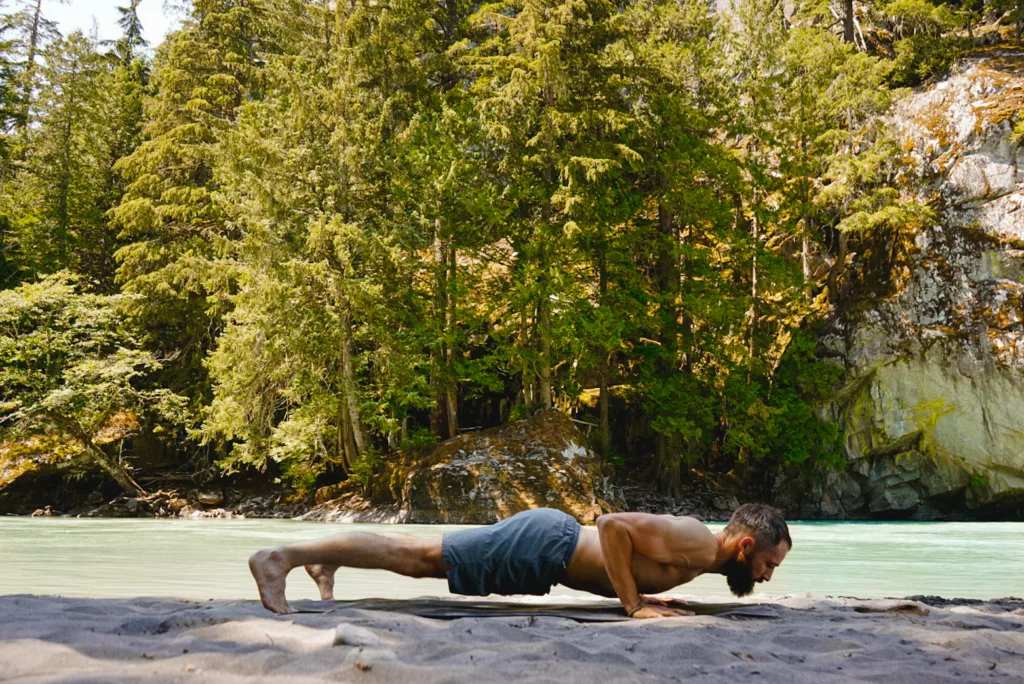



Many people approach fitness with a “more is better” mindset: more workouts, more reps, more miles. But performance is not built solely in the gym—it’s built in the spaces between effort. Recovery is where adaptation happens, where your body repairs and grows stronger. Without it, you’re not just spinning your wheels—you’re wearing them down.
Holistic recovery isn’t just about physical rest; it’s about creating conditions where your entire system—mind, body, and spirit—can recalibrate. At the retreat, we’ll explore the following pillars of recovery: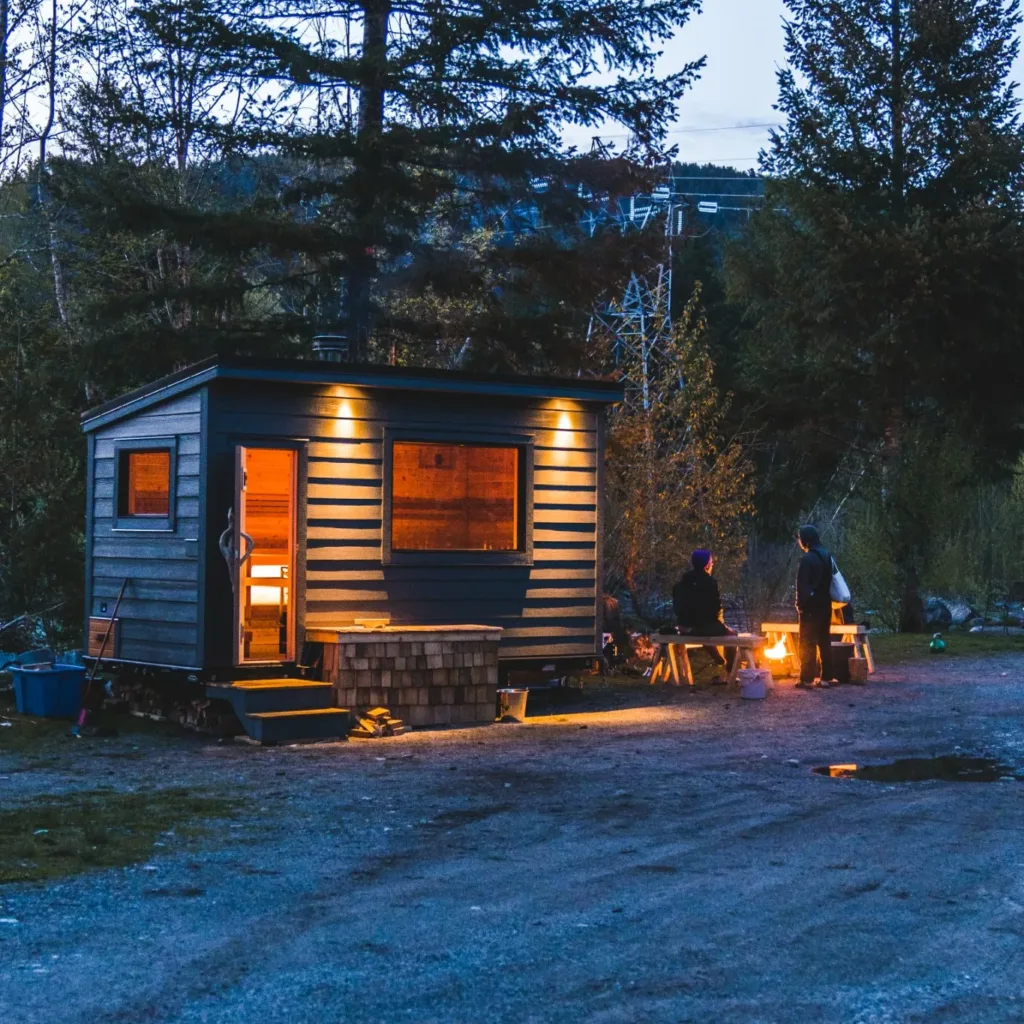
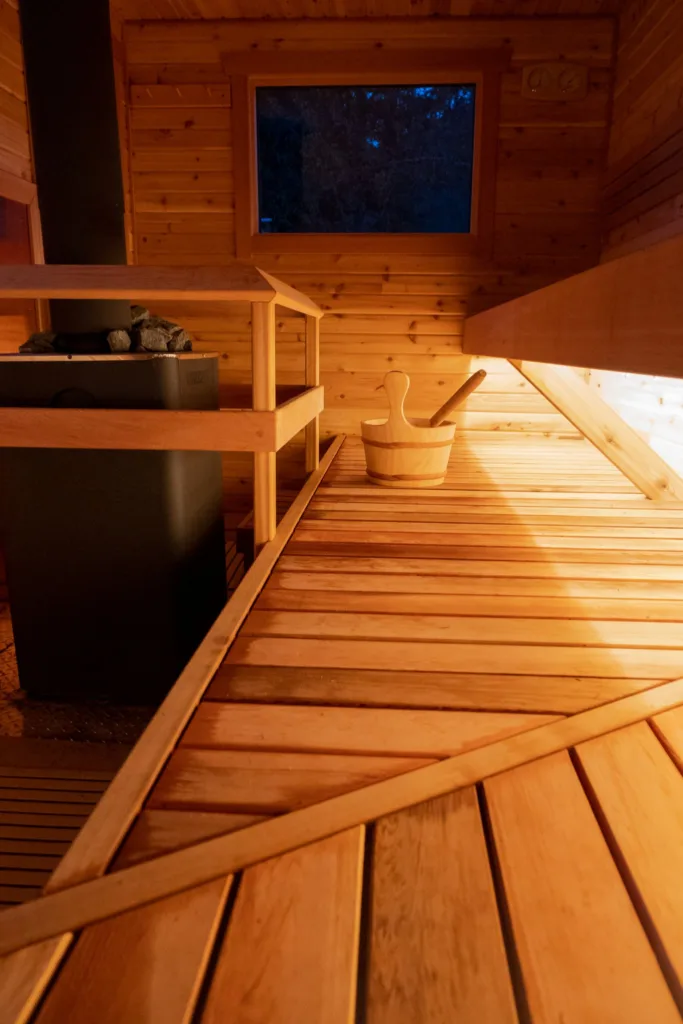
One of the highlights of the retreat is our sauna and cold dip experience, a practice rooted in ancient traditions and supported by modern science.
Benefits of Heat Therapy (Sauna)
Benefits of Cold Therapy (Cold Dip)
By alternating between heat and cold, you create a powerful stimulus that improves circulation, boosts recovery, and strengthens your nervous system.
As the seasons change, many of us instinctively retreat indoors. While cozying up has its benefits, disconnecting from nature can leave us feeling stagnant. Winter offers unique opportunities to build resilience—if we embrace it.
Cold Exposure for Adaptation
Exposure to cold, whether through outdoor walks or cold dips, teaches your body to adapt to stress. This strengthens your immune system, boosts circulation, and enhances mental toughness.
Outdoor Movement
Even in colder months, spending time outdoors is essential for mental and physical health. Sunlight, fresh air, and natural movement stimulate the nervous system in ways indoor activities can’t replicate.
Seasonal Nutrition
Winter foods like squash, sweet potatoes, and root vegetables are rich in nutrients that support immunity and energy during colder months. Eating seasonally aligns your body with nature’s rhythms.
Winter isn’t just something to endure—it’s a season to embrace, a chance to build strength and adaptability.
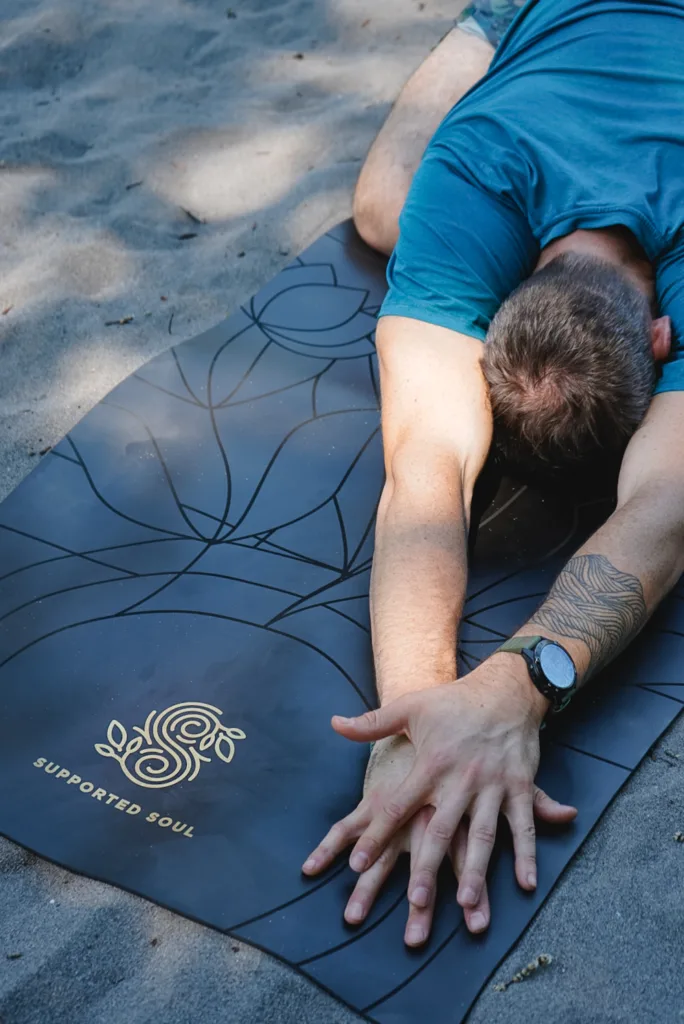
If exercise is the stimulus and recovery is the process, sleep is where the magic happens. Yet, it’s often the most neglected aspect of health.
Sleep Hygiene Practices
At the retreat, we’ll discuss simple yet effective strategies to optimize sleep:
Sleep isn’t a luxury—it’s a necessity for recovery, performance, and overall well-being.
Recovery isn’t just physical—it’s emotional and mental as well. Chronic stress can keep your nervous system in a heightened state, leading to fatigue, anxiety, and poor performance.
How the Retreat Addresses Emotional Health
By tending to your nervous system, you build resilience not just for workouts, but for life.
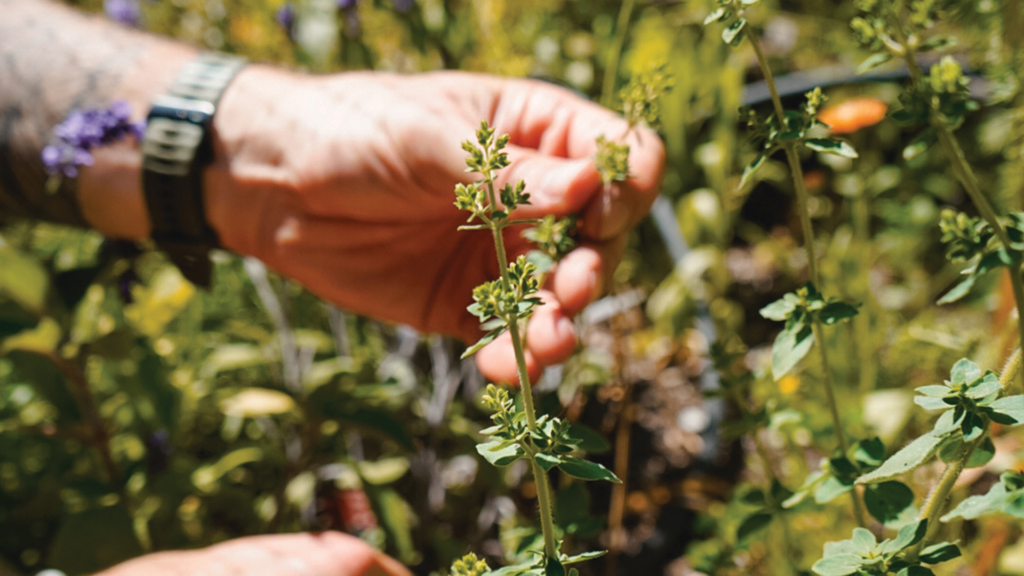
At Sunada Natural Performance, we believe in stripping back the noise to focus on what truly matters. Our philosophy is rooted in simplicity:
The Recovery Retreat is a reflection of these values. It’s an opportunity to pause, recalibrate, and reconnect—with yourself, with nature, and with a supportive community.
Even if you can’t join us for the retreat, you can integrate these practices into your life:
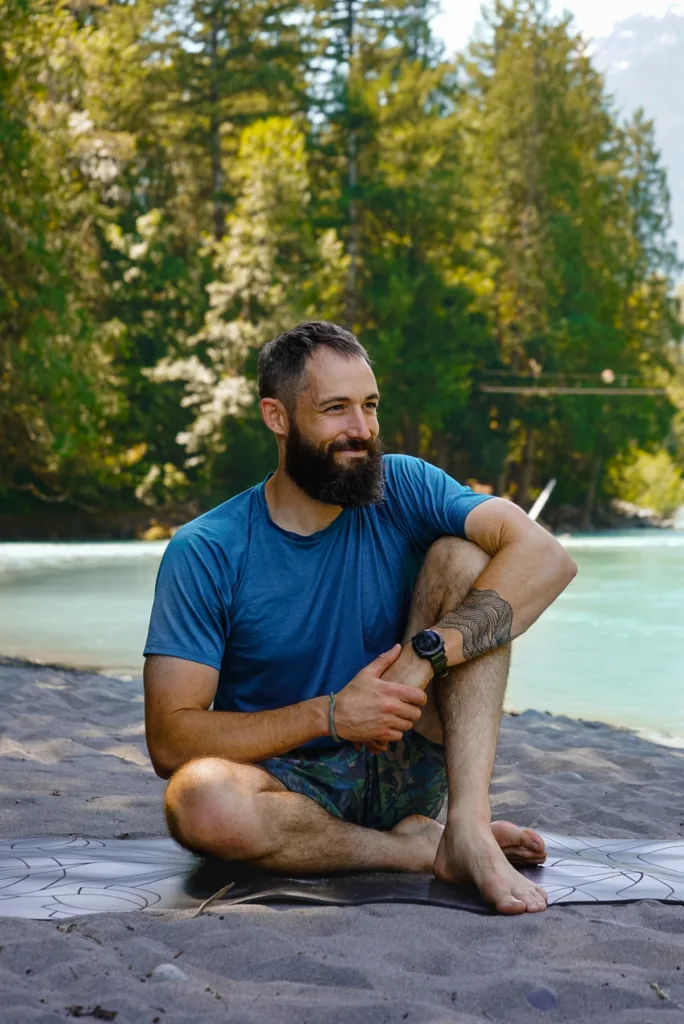
Recovery is not just an afterthought—it’s the foundation of performance, resilience, and well-being. The Recovery Retreat is more than a workshop; it’s a reimagining of how we approach health and fitness, rooted in the principles of holistic health and natural living. While we can’t wait to welcome participants to this transformative experience, our hope is that these ideas resonate far beyond the event itself. Recovery isn’t a destination—it’s a lifelong practice. Let’s embrace it together.
Sign up for our newsletter to receive the latest articles to guide your journey to a harmonious mind, body and spirit.
Book a free consultation call to discuss your specific concerns or goals. We would love to help get you on the right path for finding a lifestyle thats more harmonious in mind, body and spirit.
Follow along with us @sunadanaturalperformance